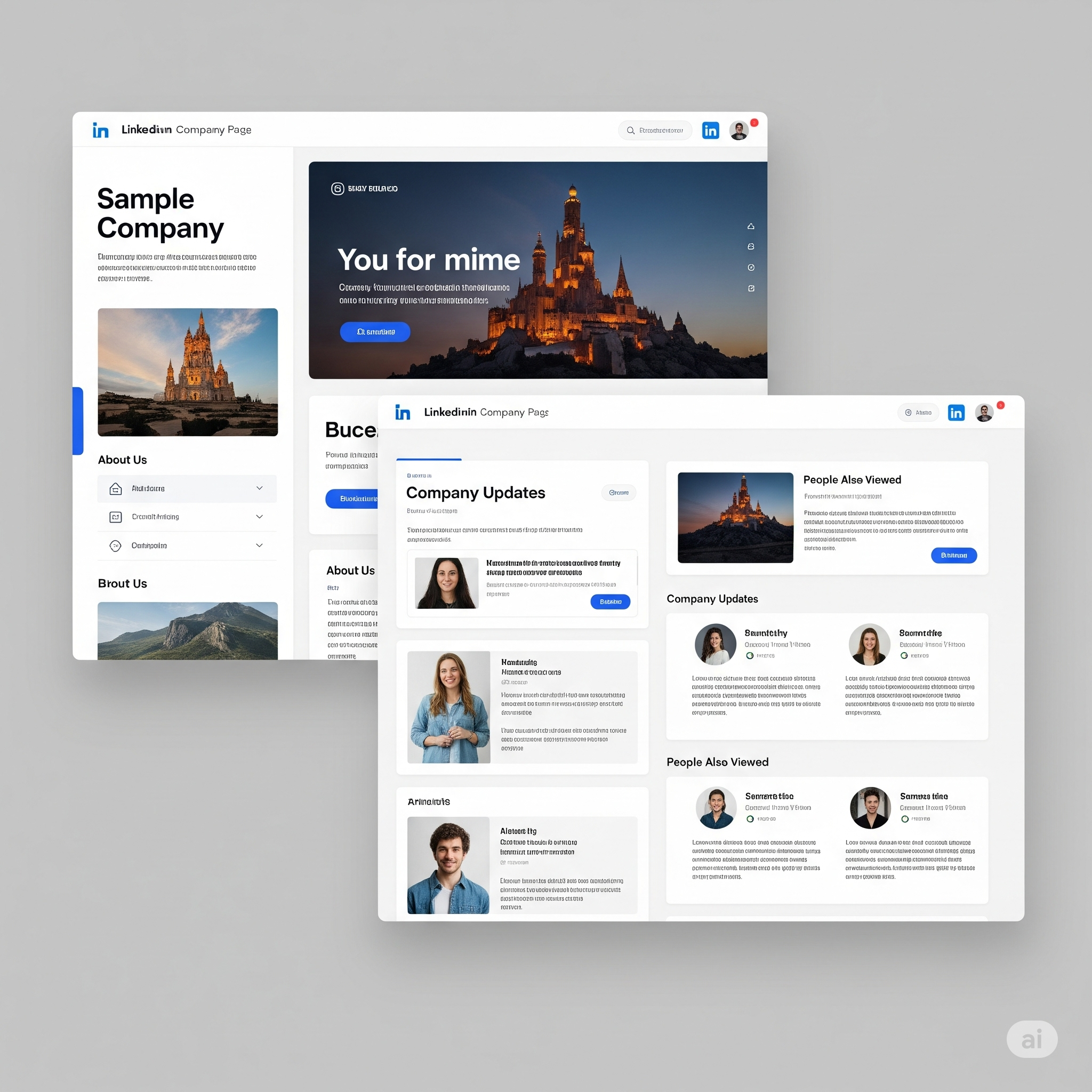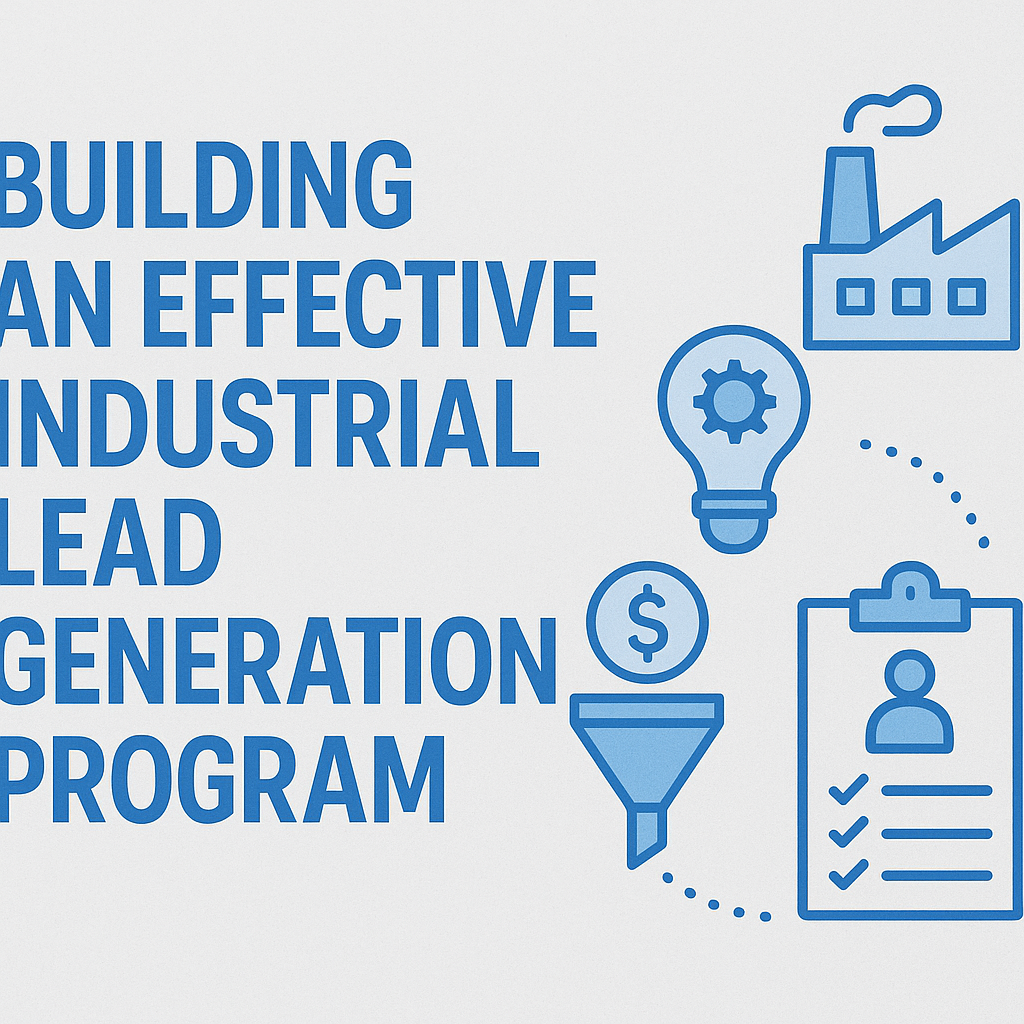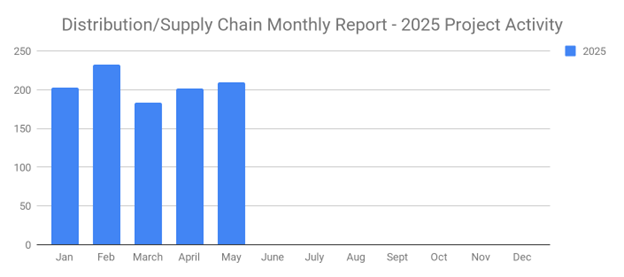
When it comes to selling an industrial product or service, the more you know about your target audience, the greater your chances of success. Unfortunately, many sales people ignore this principle by using the same cookie-cutter approach towards every prospect. Even if you have a general understanding of your target audience, however, no two prospects have the exact same problems and needs. Therefore, you must place yourself in your prospects' shoes before reaching out to them.
Why Traditional Sales Methods Fail
Every salesperson has experienced this before: you prepare a script or pre-call plan that details the features and specifications of your products or services, emphasizing its key advantages over similar products offered by your competitors. But as you call prospects and start to pitch your product, you realize that none of them are interested. You've already polished your script, so why aren't they buying it?
Simply put, prospects aren't going to buy your product unless it noticeably improves their job and/or life. Listing the features of a product is great, but it doesn't explain how the product will benefit the end user. You have to remember that prospects receive countless offers for products and services, so they tend to ignore most offers. If you explain how your product will benefit the prospect, however, he or she is more likely to buy it.
Collect Data on Prospects
Whether you intend to call, email or meet with prospects in person, you should gather as much data on them as possible. In addition to what product or service they are looking for you, also try to identify their budget, company size, future plans and goals. Using this information, you can customize your approach based on the prospect's specific needs.
Offer Samples
While not applicable in all scenarios, offering a prospect a free sample of your product or service can help convince them that it's worth the investment. The nominal cost of offering a freebie could in turn generate a life-long customer for your company. The prospect will feel appreciated knowing that you are giving him or her a free sample, in which case they may return the favor by buying the product or service. If samples are not an option, you could try case studies, video testimonials, or providing link to some recent publicity that you company got.
Ask Prospects Why They Aren't Interested
When a prospect declines your offer, ask why he or she isn't interested. Maybe they are looking for a different product, or perhaps they want to wait and seek the approval of their employer. Either way, understanding a prospect's reasoning for not buying your product will help you in the future.
What to learn more? Get in Touch





